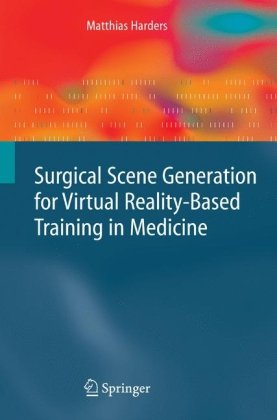

Most ebook files are in PDF format, so you can easily read them using various software such as Foxit Reader or directly on the Google Chrome browser.
Some ebook files are released by publishers in other formats such as .awz, .mobi, .epub, .fb2, etc. You may need to install specific software to read these formats on mobile/PC, such as Calibre.
Please read the tutorial at this link: https://ebookbell.com/faq
We offer FREE conversion to the popular formats you request; however, this may take some time. Therefore, right after payment, please email us, and we will try to provide the service as quickly as possible.
For some exceptional file formats or broken links (if any), please refrain from opening any disputes. Instead, email us first, and we will try to assist within a maximum of 6 hours.
EbookBell Team

4.8
74 reviewsOne of the most important elements needed for effective training in Virtual Reality (VR) is the generation of variable scenarios. Without this, trainees quickly become familiar with a scene and the natural variations encountered in real-life situations cannot be reproduced. Generating such models in VR-based applications is difficult, but with the increase in computational power (allowing for larger and more finely-detailed virtual environments) there is an increasing demand for improved methods for model acquisition, enhancement, optimization and adaptation.
The field of medicine lends itself very well to VR-based training particularly in the area of surgery. In this book Matthias Harders examines the main components needed when defining effective scenarios:
• scene geometry
• organ appearance
• biomechanical parameters
providing an extensive overview of related work and introducing specific solutions in detail.
With plenty of examples to show the outcome and performance of the methods presented in the book, this will be an essential resource for all those involved in generating training scenarios in medical education, as well as in VR-based training in general.